We are delighted to share this piece of prose written by long term volunteer Alex Holmes, on his return to the UK after a month working in Calais, northern France. All names and identities have been changed.
“St Pierre Park, Calais, the willow trees are gold in the early January sun. Euphrosyne, Aglaea and Thalia, the ‘Three Graces’, daughters of Zeus, are the central feature of the park’s fountain and an immutable reminder of the gifts they were said to bestow: youth and laughter and elegance.
Fireside, in the Eritrean camp. The laughter is infectious. ‘Fessehaye’s Tigrinya is no good. Remember he didn’t know what alam dirho* means?’ Yusef’s smile lights up his whole face. ‘Now I have the egg, and he has the poop’. He’s video calling from his bed in a UK hotel having rowed across the Channel in November.
‘Hotel like prison’ retaliates Fessehaye with a prolonged chuckle, ‘here we are free, with fresh air and a fire, good Eritrean friends and we can cook our own delicious food. Come back to Calais!’
‘Calais is dog’s life’, retorts the ever-grinning Fili, his hand freshly bandaged from a burn. I ask him how his hand is. ‘Fine’, he grins, ‘but in our tradition, if you burn yourself, you must use shinti.’
‘What is shinti?’
‘Pee-pee’. Laughter ripples around the fire. ‘And if you cut yourself, you must rub bun (coffee) into the cut and then cover it. Our village medicine is history, not science. It is good’. He turns his attention to his shoes. ‘I need softy’. He’s passed a packet of tissues and begins to meticulously wipe every trace of mud from his shoes.
The talk moves to the UK and the increasing difficulties of crossing the Channel to claim asylum. Hamed, the artist, smiles, but it is a wistful smile. ‘Life for the rich is good but not good if you are poor. If you have money, you can pay a smuggler to help you cross the sea and there are no CRS*. If no money, you try in a truck and there is always CRS’. Today he spoke to his girlfriend in Eritrea. He’s 21 and it’s been 4 years since he saw her. ‘She said ‘how is school?’ I tell her it is good. I cannot tell her about life here, the cold and the mud’. The stress of Calais has pushed Hamed to take up smoking.
A figure skips out of the dusk. It’s Hayat. ‘I skip like bambino’. He laughs. ‘In Libya, people were kind. They say I am bambino’. He tells me about life back home, the farm he grew up on. ‘It was a big farm, we had a large house, more than 450 cattle, many donkeys and camels, 36 dogs.’ But like everyone held in a smuggler’s detention centre in Libya, he was a commodity with a value. ‘My father had to sell 400 cattle to raise the money or smugglers kill me’. Hayat moves away from the fire to a secluded spot to dye his hair black. The diet and stress have partially turned his hair brown; it is undignified, and he is concerned about his appearance.
Negassi is taking photos of his new acquisitions, hair oil and a bar of ‘Beauty Cream’ soap. There’s a burst of laughter from the other side of the fire. It’s Aaron, Aaron whose broad smile lightens my every visit to the fireside. ‘Too late for you, Negassi, you are too old to become beautiful’. Negassi’s hair is very black, soft and straight. ‘My grandfather was British. He came to Eritrea in colonial days. I am going to UK to find him’.
Night has fallen. Passing the line of tents that are pitched at the foot of the 4 metre high security wall, I notice one that is flattened. A figure is moving under the canvas. ‘Bruq leyti, goodnight’ I call. A face pops out. It’s Sami. ‘What happened to your tent Sami?’ ‘No problem’, he laughs, ‘I fix it tomorrow’.”
* alam dirho , the world is like a chicken (to some it gives eggs, to others poop!) * CRS, the French riot police



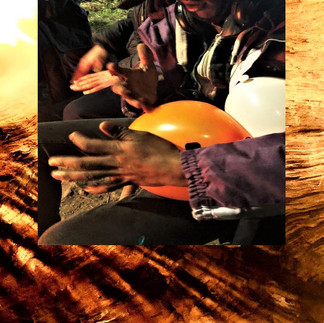

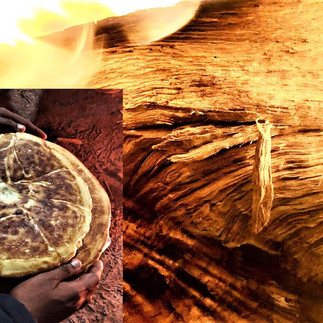
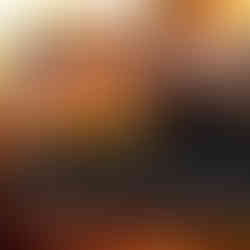


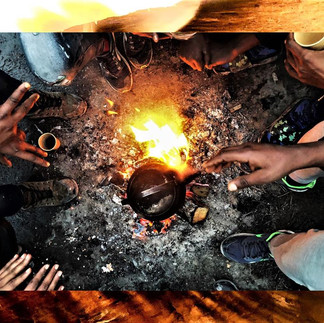
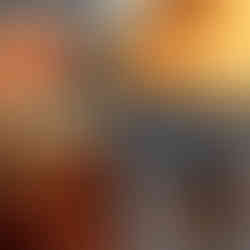

Comments